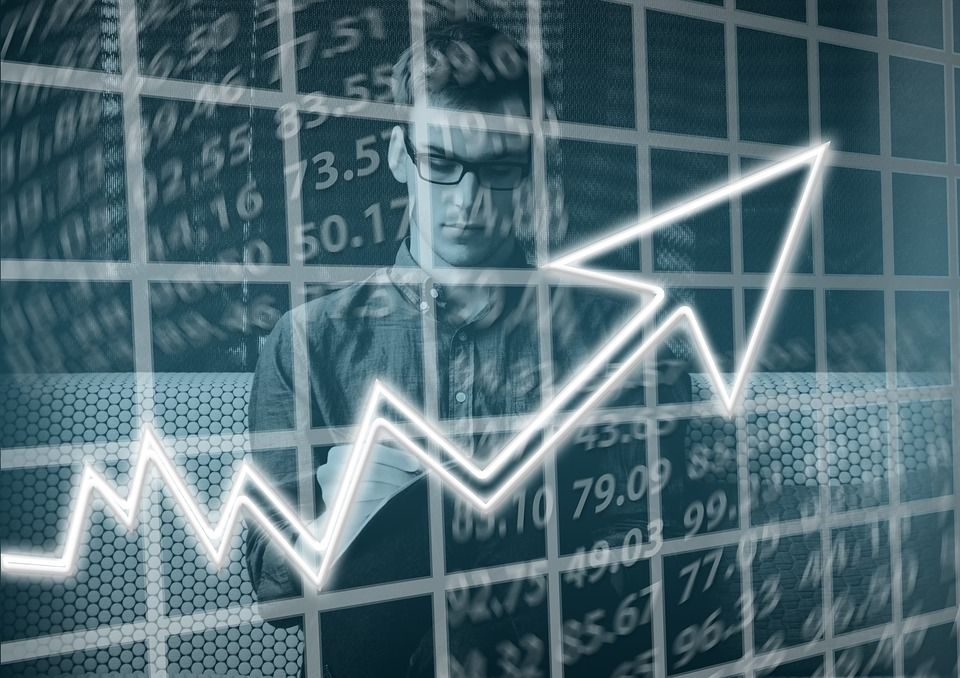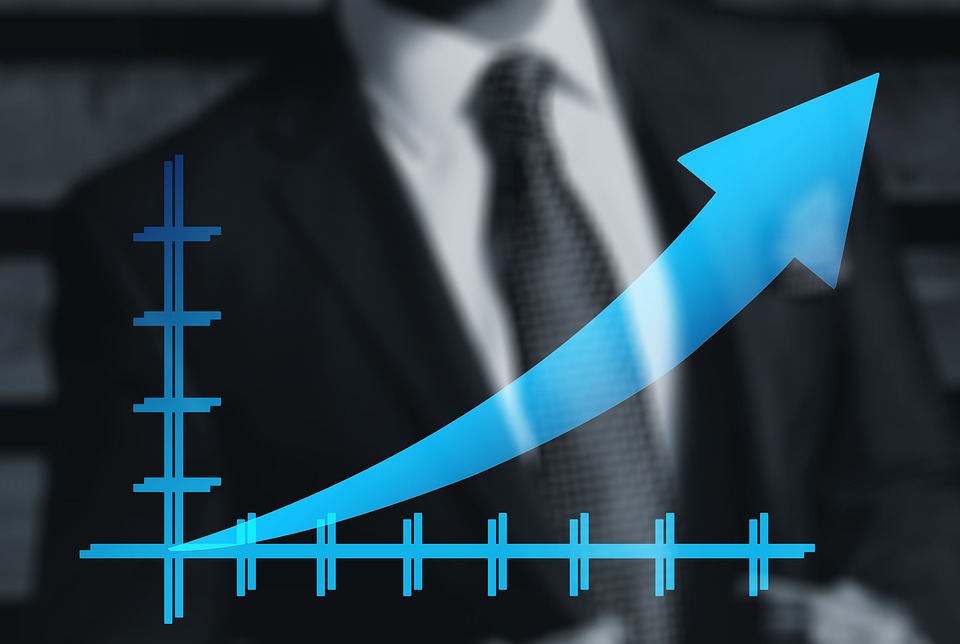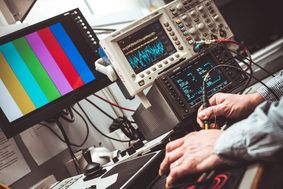Economist - As a career option

Introduction
As per the general definition: Economics is the branch of knowledge concerned with the production, consumption, and transfer of wealth.Thereby, Economists are certified experts of the discipline and an institution in themselves, of the subject matter of economics.
The individual may also study, develop, and apply theories and concepts from economics and write about economic policy.
Within this field, there are many sub-fields, ranging from the broad philosophical theories to the focused study of the intricate and precise details of the subject.
The professionalization of economics, reflected in academia, has been described as "the main change in economics since around 1900." Economists debate the path they believe their profession should take.
It is, primarily, a debate between a scholastic orientation, focused on mathematical techniques, and a public discourse orientation, which is more focused on communicating to laymen pertinent economic principles as they relate to public policy. Surveys among economists indicate a preference for a shift toward the latter.
What is the position of an Economist in society?
Economists work in many fields including academia, government and in the private sector, where they may also study data and statistics in order to spot trends in economic activity, economic confidence levels and consumer attitudes.
They assess this information using advanced methods in statistical analysis, mathematics, computer programming and make recommendations about ways to improve the efficiency of a system or take advantage of trends as they begin.
In contrast to regulated professions such as engineering, law or medicine, there is not a legally required educational requirement or license for economists.
In academia, to be called an economist, one requires a PhD degree in Economics. A professional working inside of one of many fields of economics or having an academic degree in this subject is often considered to be an economist.
In addition to government and academia, economists are also employed in banking, finance, accountancy, commerce, marketing, business administration, lobbying and non-profit organisations.
Many of India’s finest intellectual geniuses are in fact, world-renowned economists. To name a few: Amartya Sen, Jagdish Bhagwati, V. K. R. V. Rao, are among many others who have affected the overall dynamics of economics.
Peeping into recent examples, our honourable ex-Prime Minister Dr Manmohan Singh was an Economist as well. Through these examples, we can assess that economists play a very important role not just in our society but also on a worldly level. Their studies, theories and observations affect each one of us in a mostly unnoticed yet important way.

Eligibility criteria to become an Economist
An undergraduate degree in economics requires the completion of general education courses along with classes in business, management, and economics.
Core economics topics include microeconomics, macroeconomics, econometrics, and economic thought. Depending on the university, the major may be offered through the college of liberal arts, social science department, or in the school of business.
The master's degree can generally be completed within two years, though some programs may be able to be completed in less time. An undergraduate degree in economics is not always required for admission, though students who have majored in another area may have to take additional coursework.
Economics masters degrees prepare graduates for further study at the doctoral degree level. Some programs allow students to choose an area of emphasis such as international economics or economic development; others may cover wide-reaching topics in contemporary economic issues. A thesis may be required, though some programs offer a non-thesis option.
A Doctor of Philosophy in Economics is a research-based degree that covers advanced topics in microeconomics, econometrics, quantitative analysis, and macroeconomics. Economists hoping to teach at a post-secondary institution often pursue a doctoral degree.
Working toward a dissertation accounts for a majority of the time spent in residence. Some possible areas of emphasis include industrial organisation, game theory, international economics, income distribution, and econometrics.
Students applying to a PhD program in economics don't need a master's degree in the field. In fact, many economics doctoral degree students have only a bachelor's degree in economics.
A day in the life of an Economist
Hello. I’m an Economist and I’m a professor at one of India’s central government universities. Here I teach students about the varied intricacies of the subject, guiding them through their confusing that may arise in the course of their study of the subject.
I take classes at the university and in my time I study the varied aspects of economics to evolve my own theories. My love for the subject is what keeps me doing the job that I do. Here’s a typical day in my life.
8:00 AM: I’m about to make way into my first class for the day. In this class, I’ll be teaching Macroeconomics to second-year undergraduate students.
9:00 AM: Just got over with the first class. My next class is scheduled at 10 AM so I have an hours time to chat with colleagues. Some tea time perhaps.
10:00 AM: This next class is on Economic thought and my students are post-graduation scholars. I’ve extended the class to two hours as I have some topics that require more time.
As arduous as it may be for them, it is my duty to ensure that the subject matter is properly conveyed and received.
12:00 PM: The class just got over. I need another cup of tea.
12:30 PM: A few graduation level students have assembled to request for an extra class. It’s always nice to see when students take extra interest in their subject.
1:30 PM: My students just left. It’s time for some lunch as I have a guest lecture at 3 pm in one of the private colleges of the city.
3:00 PM: I’ve just arrived at the lecture hall. The strength of students and faculty attending the lecture is quite impressive. Taking charge of the podium now.
4:30 PM: My lecture just concluded. The response of the attendants was overwhelming, not to forget the welcome I received.
Private colleges are usually most cordial in their reception and it’s always nice to be regarded. Most importantly, I’m glad I could share what I know.
5:00 PM: After a high-tea with the HOD(Head of the department), staff and teachers of the economics department, I’m going home. It’s been a fine day.
Do you want to become an economist? We hope these articles have answered all your queries related to this profession. Have your say in the comment box below. Enjoy reading!
Login to continue reading
And access exclusive content, personalized recommendations, and career-boosting opportunities.














Comments
Add comment